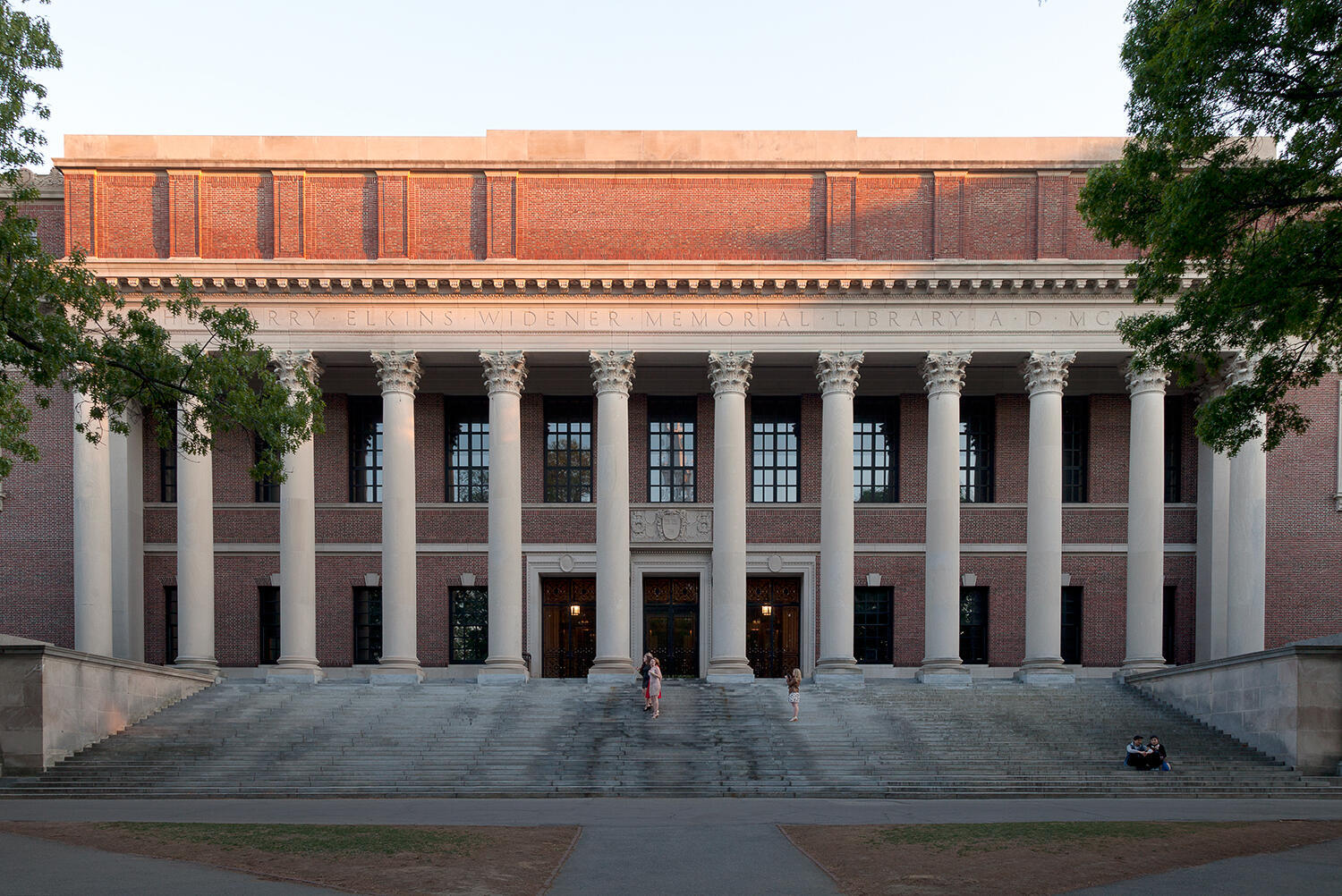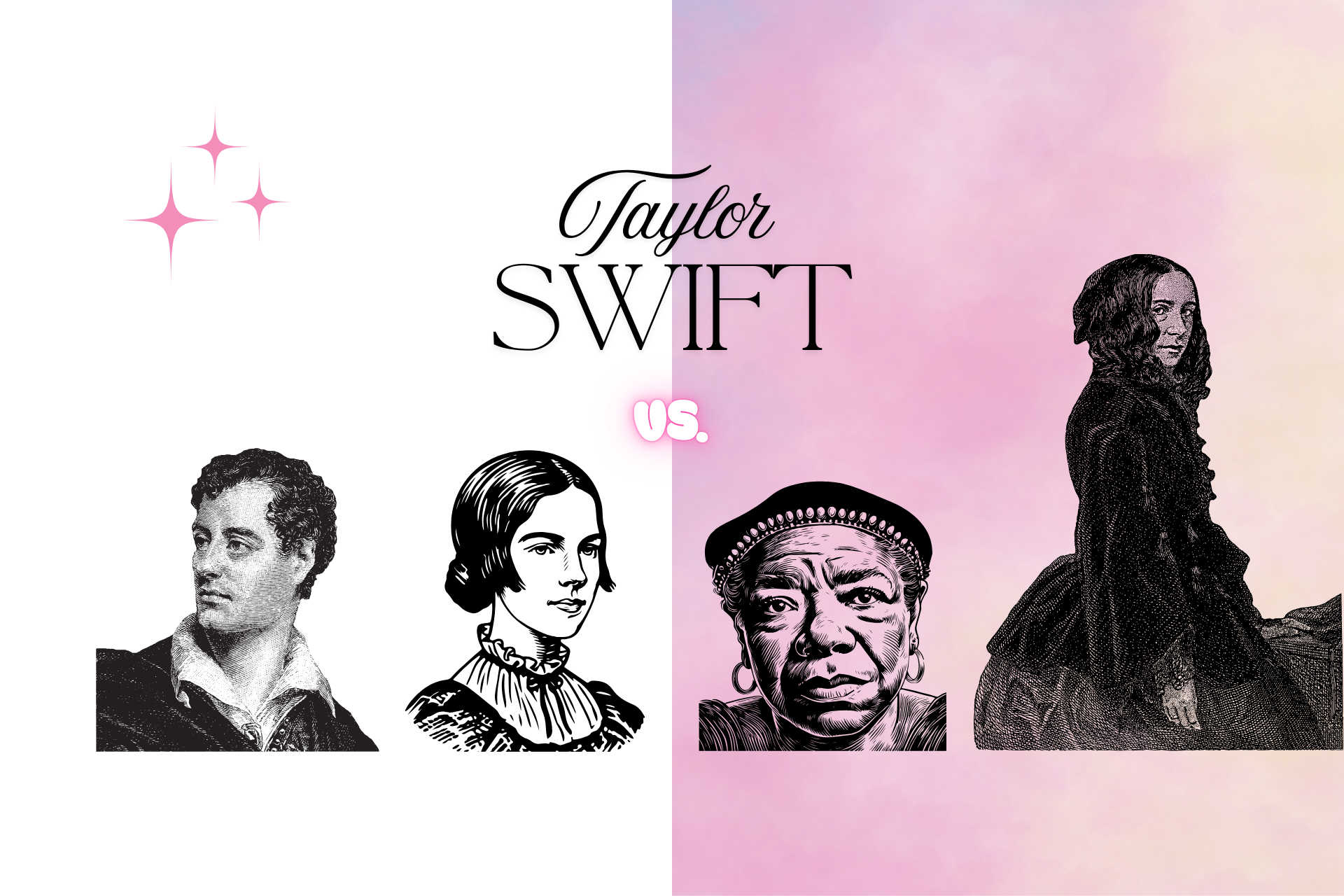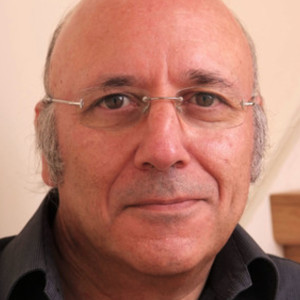Taylor Swift is known for her sharp, emotionally charged lyrics — but could you tell them apart from lines written by some of history’s greatest poets? From Emily Dickinson to Mary Oliver, and from Folklore to Red, the connections between Taylor’s songwriting and timeless poetry are closer than you might think.
This fun and challenging Taylor Swift lyrics vs. classic poetry quiz will test your eye (and ear!) for language. Can you spot the difference between a line from Evermore and one from John Keats? Between All Too Well and Robert Frost? Let’s find out.
Quiz
Quiz :
Why Taylor Swift and Classic Poetry Feel So Connected
Taylor Swift isn’t just a songwriter — she’s a modern storyteller whose work often reads like contemporary poetry. Many of her lyrics share the same imagery, emotion, and layered meaning as the classics. That’s why fans and critics alike compare her albums to the works of poets like Emily Dickinson, Sylvia Plath, and Lord Byron.
Here are a few striking parallels:
| Taylor Swift Lyric 🎤️ | Classic Poetry 📚 | Connection ✨ |
|---|---|---|
| “I wake in the night / I pace like a ghost / The room is on fire, invisible smoke.” (The Archer, Lover, 2019) | Emily Dickinson, I heard a Fly buzz - when I died" (1863) — "The Stillness in the Room / Was like the Stillness in the Air / Between the Heaves of Storm" | Both use domestic spaces as psychological landscapes where internal states manifest supernaturally. |
| “You call me up again just to break me like a promise / So casually cruel in the name of being honest.” (All Too Well, Red, 2012) | W. H. Auden, Funeral Blues (1938) — “He was my North, my South, my East and West...” | Both transform personal heartbreak into cosmic disruption through hyperbolic language. |
| "I don't like a gold rush... / I don't like anticipating my face in a red flush / I don't like that anyone would die to feel your touch" (Gold Rush, Evermore, 2020) | W.B. Yeats, When You Are Old (1893) — "How many loved your moments of glad grace, / And loved your beauty with love false or true, / But one man loved the pilgrim soul in you..." | Both examine the psychology of loving someone universally desired, positioning themselves outside the competition. |
| “I knew you / Stepping on the last train / Marked me like a bloodstain.” (Cardigan, Folklore, 2020) | Emily Dickinson, Wild Nights – Wild Nights! (1861) — “Wild nights should be / Our luxury!” | Both compress intense romantic recognition into brief, charged moments using physical imagery. |
| "And I ask the traffic lights if it'll be alright / They say 'I don't know'" (Death by a Thousand Cuts, Lover, 2019) | Frank O'Hara - "The Day Lady Died" (1964): "and I am sweating a lot by now and thinking of / leaning on the john door in the 5 SPOT" | Both use mundane urban details (traffic lights/jazz club bathroom) as touchstones during emotional crisis, seeking stability in ordinary objects when internal world feels unstable. |
Both Swift and the poets she unintentionally echoes thrive on universality. They make the deeply personal feel like it belongs to everyone. Whether it’s Dickinson’s yearning, Byron’s drama, or Oliver’s contemplations, Taylor stands in that same tradition of turning private feelings into art that resonates across generations.
Discover More Classic Poetry (and Keep Spotting the Taylor Connection!)
If this quiz tripped you up, you’re not alone. Swifties and lit fans alike often notice how Taylor’s lyrics echo the voices of great poets. Want to see for yourself? Try diving into some of these classics:
- Emily Dickinson → Her short, striking poems explore isolation, longing, and memory — themes Swift fans know well from Folklore and Evermore.
- Mary Oliver → Poems like Wild Geese and The Summer Day celebrate nature and love with the same tenderness found in Lover or Peace.
- The Romantics (Keats, Wordsworth, Byron) → Obsessed with beauty, passion, and fleeting time — the same threads woven through Swift’s Red and Speak Now.
Classic poetry isn’t just for classrooms. When you read it through the lens of Taylor’s songwriting, it feels alive, modern, and surprisingly relatable.

Did We Trick You?
So… how many times did you guess wrong? Be honest — did you mix up Taylor with Dickinson, or Wordsworth with Folklore? 👀
Tell us in the comments which lines stumped you the most — and whether you think Taylor Swift deserves a spot on the poetry shelf alongside the classics.
In your opinion, what's the most poetic Taylor Swift lyric?
And don’t keep the fun to yourself — share this quiz with your fellow Swifties and see if they can do better than you. Who knows, you might start a new debate over whether All Too Well is the greatest poem of the 21st century.
Summarise with AI:















